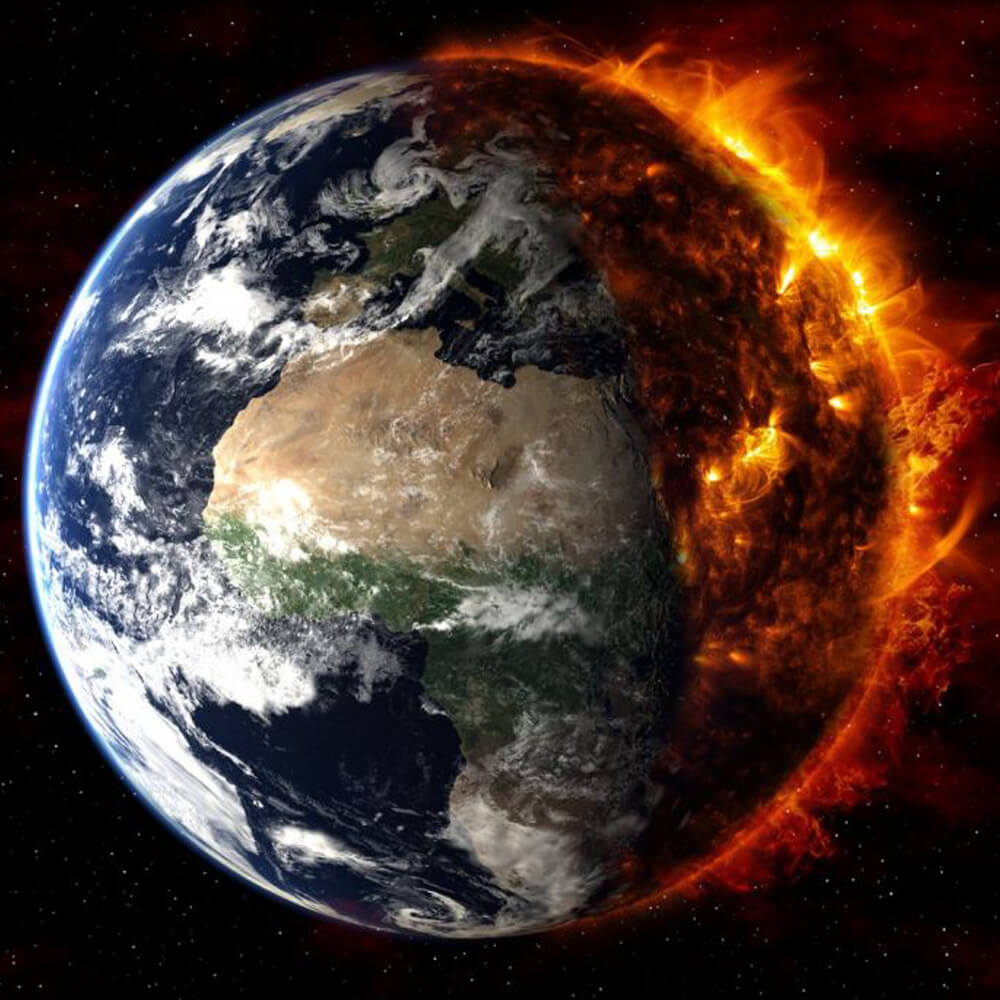Written by Lauren James
Wildfires have raged all across California, flooding has dominated the Pacific Northwest in Washington and British Columbia, and blistering heat waves over the summer killed hundreds of people in Oregon and surrounding states. And that’s just part of North America in 2021.
Unfortunately, these weather conditions have become a reality across the world and it doesn’t show signs of slowing down any time soon. According to a recent article in The New York Times, humans have heated the planet by nearly 1.1 degrees Celsius, or 2 degrees Fahrenheit, since the 19th century, mostly by burning coal, oil gas. And atmospheric levels of carbon dioxide haven’t been this high in more than 2 million years.
Luckily, humanity can still prevent Earth from getting hotter. Realizing this, diplomats from more than 200 countries across the world have joined forces at the Glasgow Climate Change Conference this fall to call on governments to return in 2022 to curb emissions and urge wealthy nations like the United States to double funding by 2025 to protect vulnerable nations from effects of a warmer planet. Read more about final decisions made at the conference.
So, how can you do your part to help our planet and reduce your carbon footprint? UN ActNow highlights a few things we can do to make a difference:
· Save energy at home: This is kind of a no-brainer, but just lowering your heating and cooling at home can make a difference. Also switch to LED light bulbs, use energy-efficient electric appliances, wash laundry with cold water and hang clothes to dry instead of using a dryer.
· Eat more vegetables: It may not be something you think about, but eating more veggies, fruits, whole grains, nuts, and more, can significantly lower environmental impact because producing these foods results in fewer greenhouse gas emissions and requires less energy, unlike meat.
· Walk, bike or take public transportation: We also know that vehicles burn diesel and gasoline, so walking or riding a bike will make a difference, overall reducing greenhouse gas emissions.
· Throw away less food: When you chuck lastnight’s dinner in the trash, you’re also wasting the resources and energy it took to grow, produce, package and transport that food, not to mention when the food rots in the landfill, it produces methane, a strong greenhouse gas.
· Reduce, reuse, repair & recycle: We should all be aware of this—buy fewer things, shop second-hand, repair what you can and recycle, recycle, recycle! Get to know what your community actually recycles and how you can recycle more efficiently.
Want to do more? Consider donating to these evidence-based organizations across the world.


















